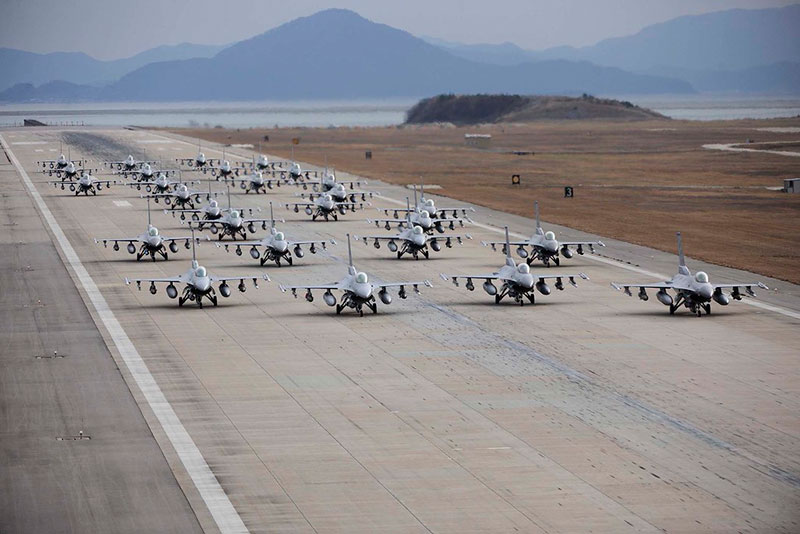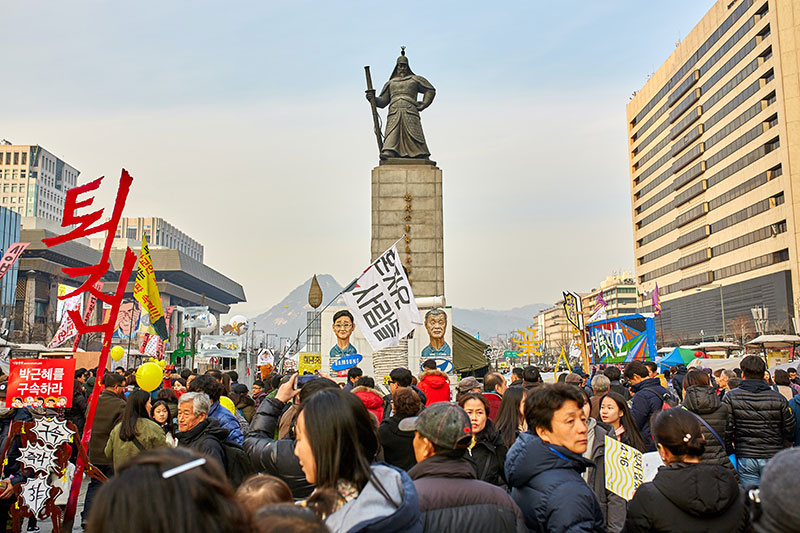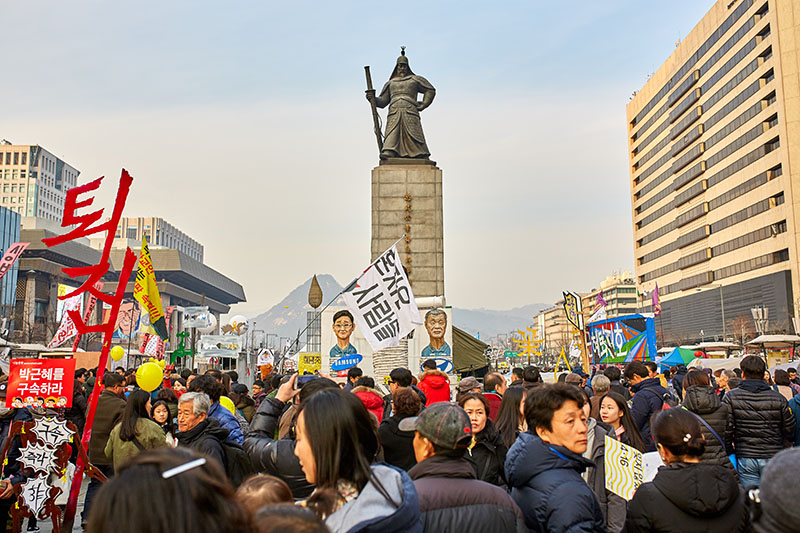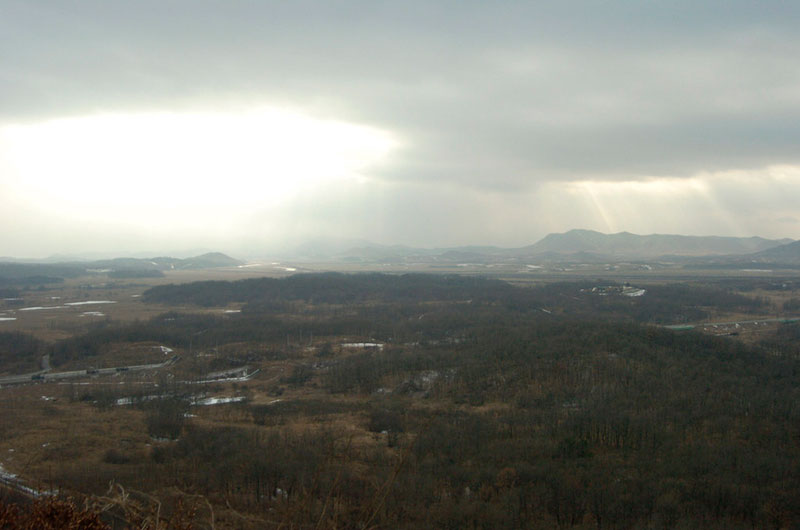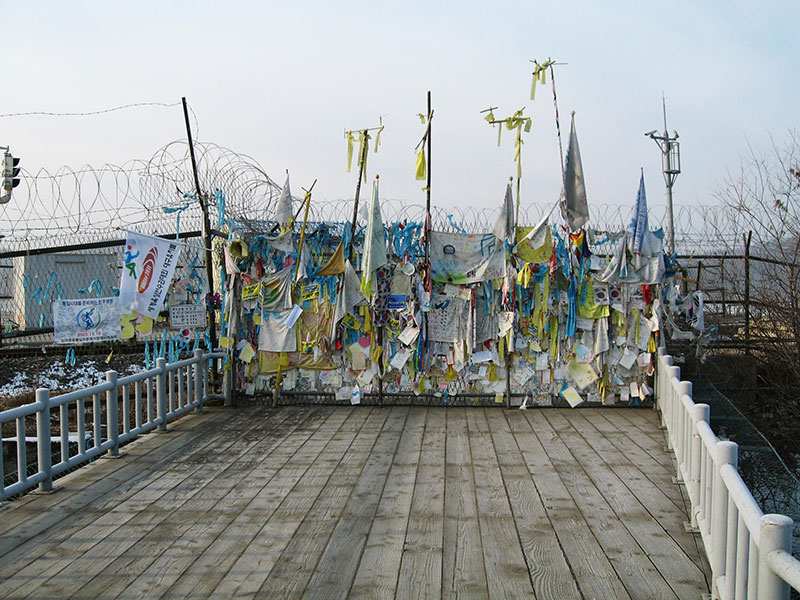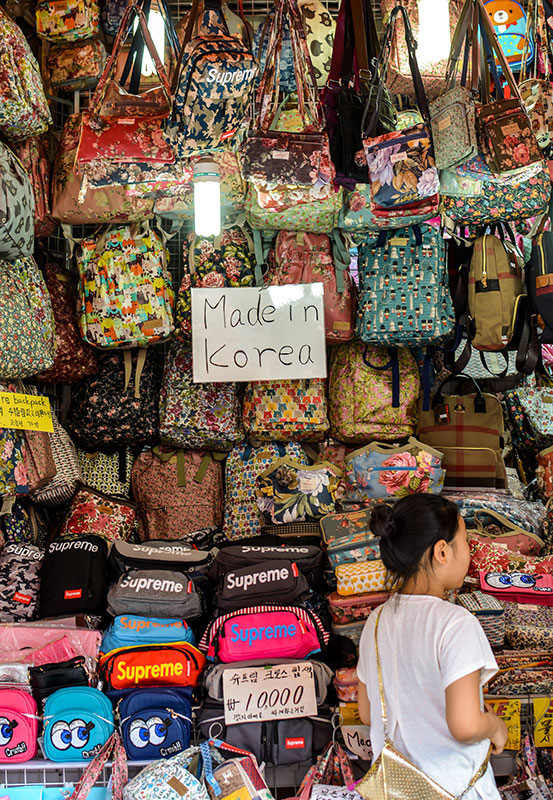“The role that Korea has played in international politics and economics is often overshadowed by negative preconceptions and outright misconceptions by students.As the United States is currently embroiled in a climate of political, social and economic turmoil, students must understand the complexity of international relations. The ability to explore Korea’s role in the 21st Century will initiate critical discussion on the issues surrounding the current political, economic, and military crisis’s many nations are facing. Geopolitical decisions are global in scope and require systematic study of an interdependent world perspective. Students further need to develop a clearer understanding that technology plays a significant role in this decision-making. This lesson emphasizes a challenge to all learners to apply their prior knowledge to societal conditions as they analyze issues of past and present as well as working to clarify their own values, and refine their decision making capabilities.
“
Download:
PDFWord
Author: Ellen Resnek
Grades: Secondary (9-12)
Time: 3-4 45-minute classes
Participation Year: Fellowship 2019
Skills: Analysis
Topics: Economics, Politics

